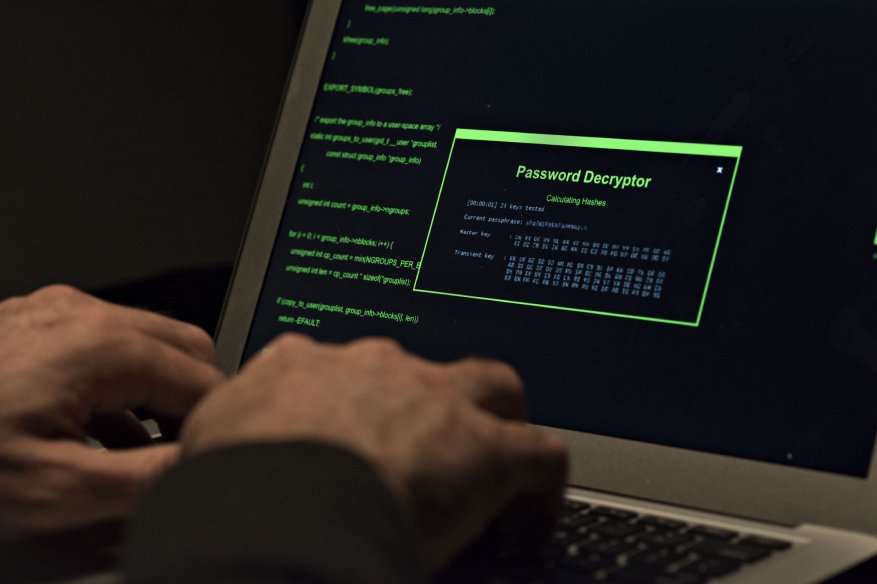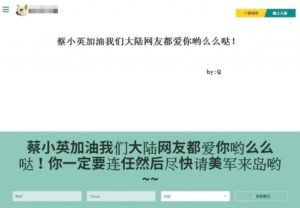Taiwan’s Elections On High Alert In The Wake Of Political Hack

The Democratic Progressive Party of Taiwan (DPP) has reason to be suspicious about the involvement of mainland China, headed by Xi Jinping, in a recent hacking incident on their website on July 3, 2018.

The alleged website hacking occurred sometime between 1:30 am and 2:00 am on July 3, CST. Seems like the hackers were just proving how the DPP website has weak security, given a similar hacking even also happened in 2016, also before the 2016 presidential elections.
The defaced DPP website showed a highlighted text in Taiwanese language which says: “We don’t touch your confidential information, it’s not worth it; our next target will be the Kuomintang”. The defacement of the website also included a sentence that mocks Taiwan’s strong military partnership with the United States: “Go Go Tsai Ing-wen, we Chinese netizens love you. You have to run for re-election and then invite U.S. troops to post on the island.”

Taiwanese cyber experts are careful not to directly blame mainland China, but signs have been strong that Beijing has designed the hack in order to show its cyber capabilities against its “province”. The hack may also confirm the reasonable conjecture that a nation-state can interfere with an election of another state, similar to the accusation that Russia influenced the 2016 US Presidential election result. Lauren Dickey, a researcher at King’s College London, serving as a Taiwan analyst emphasized: “China’s desire to influence electoral outcomes in a manner that favors Beijing is hardly different from Russia’s use of cyber means to attain outcomes more favorable to the Kremlin in Crimea or the US.”
Communist China, which occupies the mainland has treated Taiwan as a province. The history of China-Taiwan has been shaped by the Chinese Civil war. Tsai-in Wen, the current president of Taiwan has been in leading the island with full opposition to the policies of the mainland.
The spokesperson of President Tsai-in wen has this to say about the incident: “Taiwan was now “on the front lines of cyber warfare, with hackers trying to steal information and spreading fake news to create dissent in Taiwan society. We anticipate in the run-up to elections at the end of this year and continuing until the 2020 presidential elections Taiwan will become a global hotspot for cyber attacks and fake news.”
Hacking a Taiwanese website is an overt measure to show power while keeping China’s profile low when it comes to its hacking capability. Compared to Russia’s capacity to use online tools and cyber military power, defacing a Taiwanese website is not very creative. There is no known precedent that this can actually influence the result of the Taiwanese elections, but the election committee of Taiwan is taking all the possible mitigation procedures.